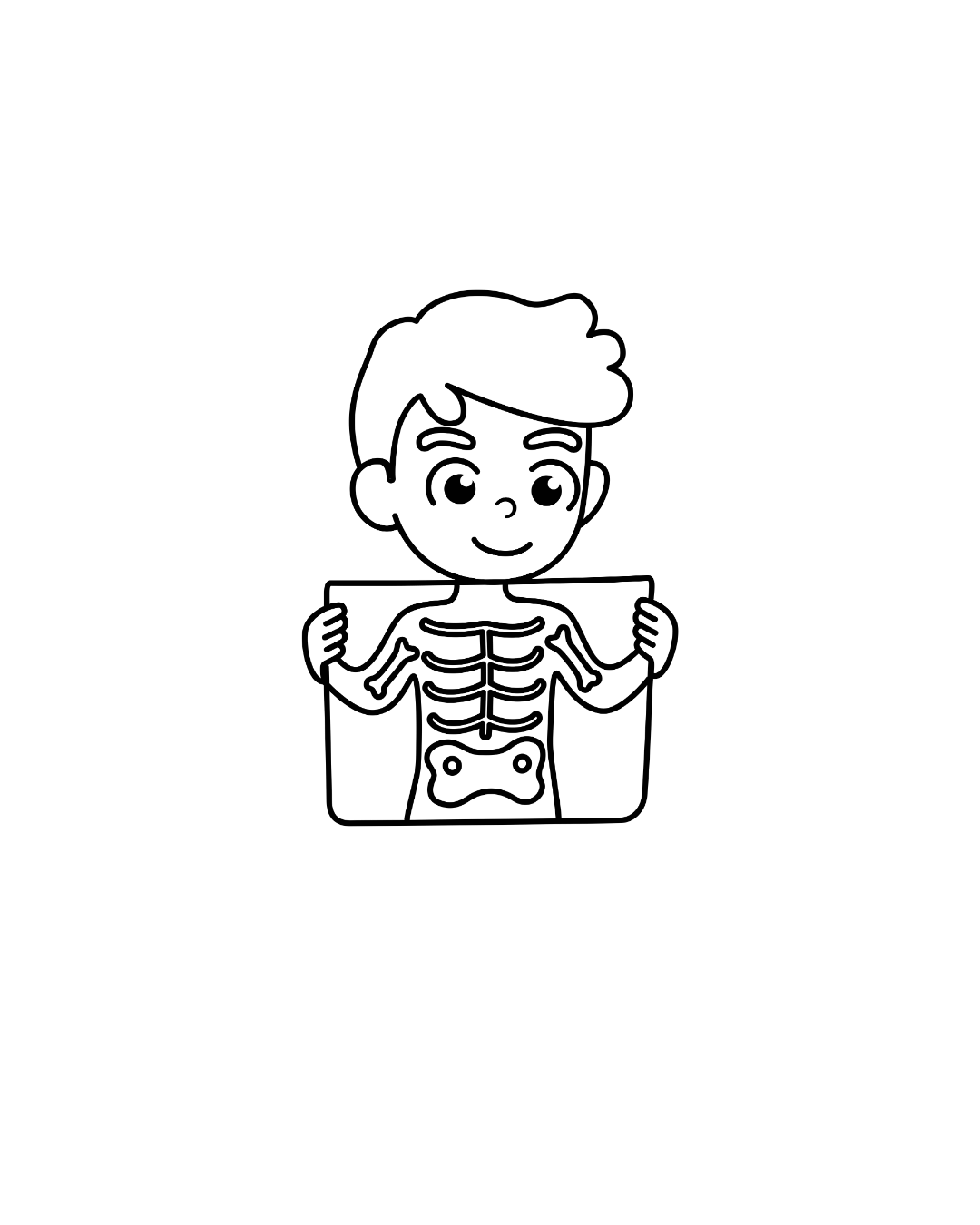Description
Overview of Bachelor of Vocation (B.Voc) in X-Ray Technician
The Bachelor of Vocation (B.Voc) in X-Ray Technician is a specialized program designed to prepare students for careers in medical imaging and radiation technology. This program trains students to operate X-ray equipment, conduct imaging procedures, and provide quality patient care while ensuring safety standards. Graduates will be equipped to work in various healthcare settings, including hospitals, diagnostic imaging centers, and outpatient clinics.
Core Areas of Study in B.Voc in X-Ray Technician
Radiographic Principles and Techniques
Understanding the principles of radiographic imaging, including the physics of X-rays, exposure factors, and imaging techniques used in various examinations.
Anatomy and Physiology
Studying human anatomy and physiology to accurately position patients and interpret X-ray images across different body systems.
Patient Care in Radiology
Learning to provide compassionate care to patients, including effective communication, accommodating special needs (e.g., pediatrics or geriatrics), and ensuring patient comfort during imaging procedures.
Radiation Safety and Protection
Understanding the principles of radiation safety, including how to minimize exposure for patients, staff, and self, as well as adhering to regulatory guidelines.
Image Evaluation and Quality Assurance
Learning to assess and evaluate the quality of X-ray images, understanding factors that affect image quality, and implementing quality control measures.
Advanced Imaging Modalities
Gaining knowledge in advanced imaging technologies such as computed tomography (CT), magnetic resonance imaging (MRI), and ultrasound, as applicable.
Medical Terminology and Documentation
Familiarizing with medical terminology relevant to radiology, as well as learning proper documentation practices in patient records and imaging reports.
Ethical and Legal Considerations in Radiology
Understanding ethical issues, patient rights, and legal responsibilities related to radiographic imaging and patient care.
Curriculum Structure
A typical Bachelor of Vocation in X-Ray Technician program may include:
Core Courses: Subjects covering radiographic principles, anatomy, radiation safety, patient care, and imaging techniques.
Hands-On Training: Practical laboratory sessions focused on using X-ray equipment and conducting imaging procedures under supervision.
Clinical Practicum: Internship experience in radiology departments of hospitals or diagnostic centers, where students gain real-world skills and experience in patient care and imaging.
Admission Requirements
Admission to the B.Voc in X-Ray Technician program typically requires:
A high school diploma (or equivalent), preferably with a focus on science subjects, particularly biology and chemistry.
Some institutions may require an entrance exam or interview to assess the candidate?s commitment and aptitude for a career in radiology.
Skills Developed in the B.Voc in X-Ray Technician Program
Graduates of the Bachelor of Vocation in X-Ray Technician will acquire essential skills, including:
Radiologic Skills: Proficiency in operating X-ray equipment and performing various radiographic procedures.
Patient Care: Ability to provide quality care to patients, ensuring their comfort, safety, and understanding of procedures.
Technical Proficiency: Knowledge of image evaluation, exposure techniques, and quality control in radiographic practices.
Effective Communication: Strong communication skills to interact with patients, healthcare teams, and to explain procedures clearly.
Safety Awareness: Understanding of radiation safety protocols and practices to ensure a safe environment for patients and staff.
Career Opportunities
Upon completion of the B.Voc in X-Ray Technician, graduates can pursue various career paths, including:
X-Ray Technician (Radiologic Technologist)
Performing X-ray examinations and ensuring proper imaging techniques in medical settings.
MRI Technologist
Specializing in magnetic resonance imaging and performing MRI scans on patients.
CT Technologist
Conducting computed tomography scans and assisting in diagnostic imaging.
Radiology Assistant
Supporting radiologists in various imaging procedures and managing patient care within the radiology department.
Medical Imaging Consultant
Providing expertise and advice on imaging technology and practices within healthcare organizations.
Conclusion
The Bachelor of Vocation in X-Ray Technician prepares students for a rewarding career in medical imaging, focusing on the technical, clinical, and patient care aspects of X-ray technology. With a strong foundation in radiographic principles and hands-on training, graduates are well-equipped to make substantial contributions to patient care in various healthcare settings. If you have any further questions about the B.Voc in X-Ray Technician or related topics, feel free to ask!









